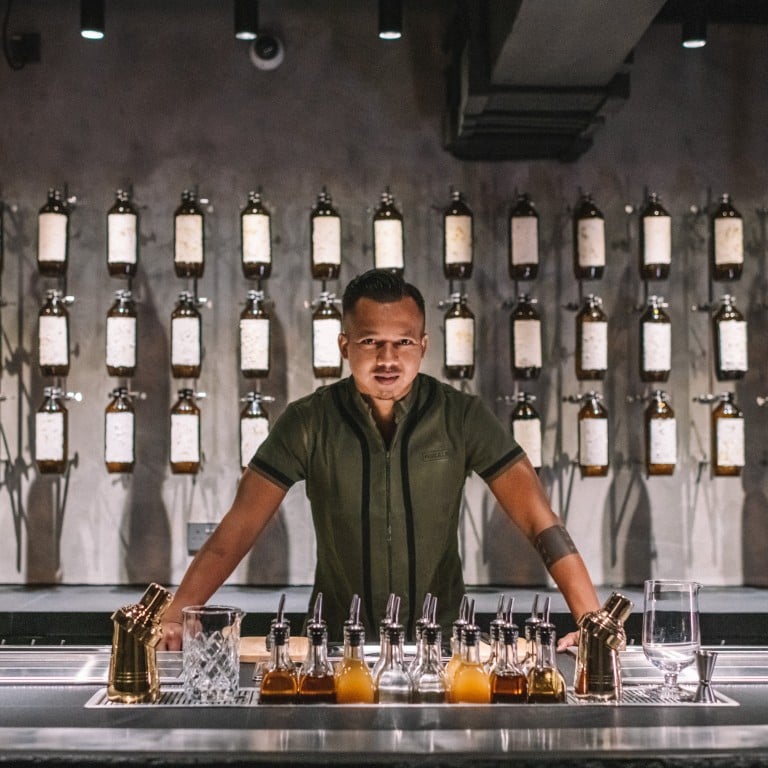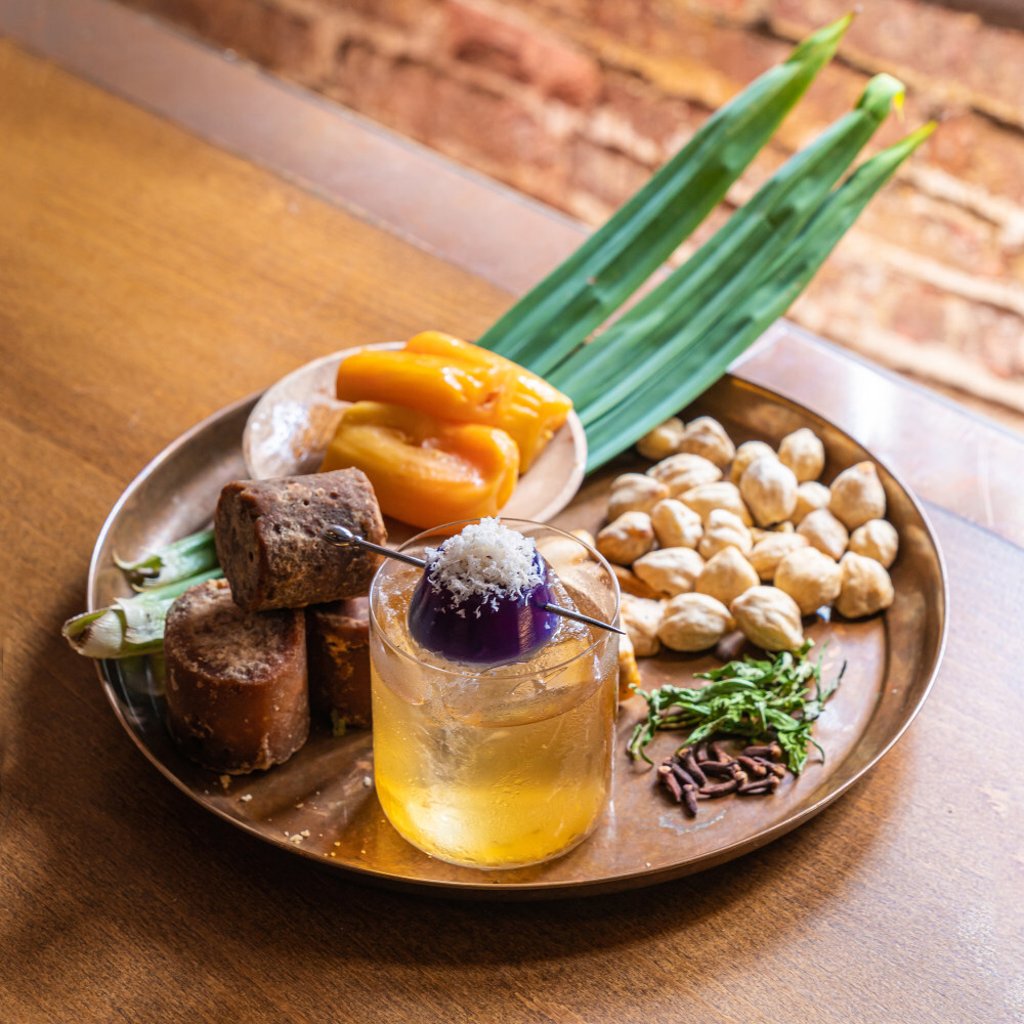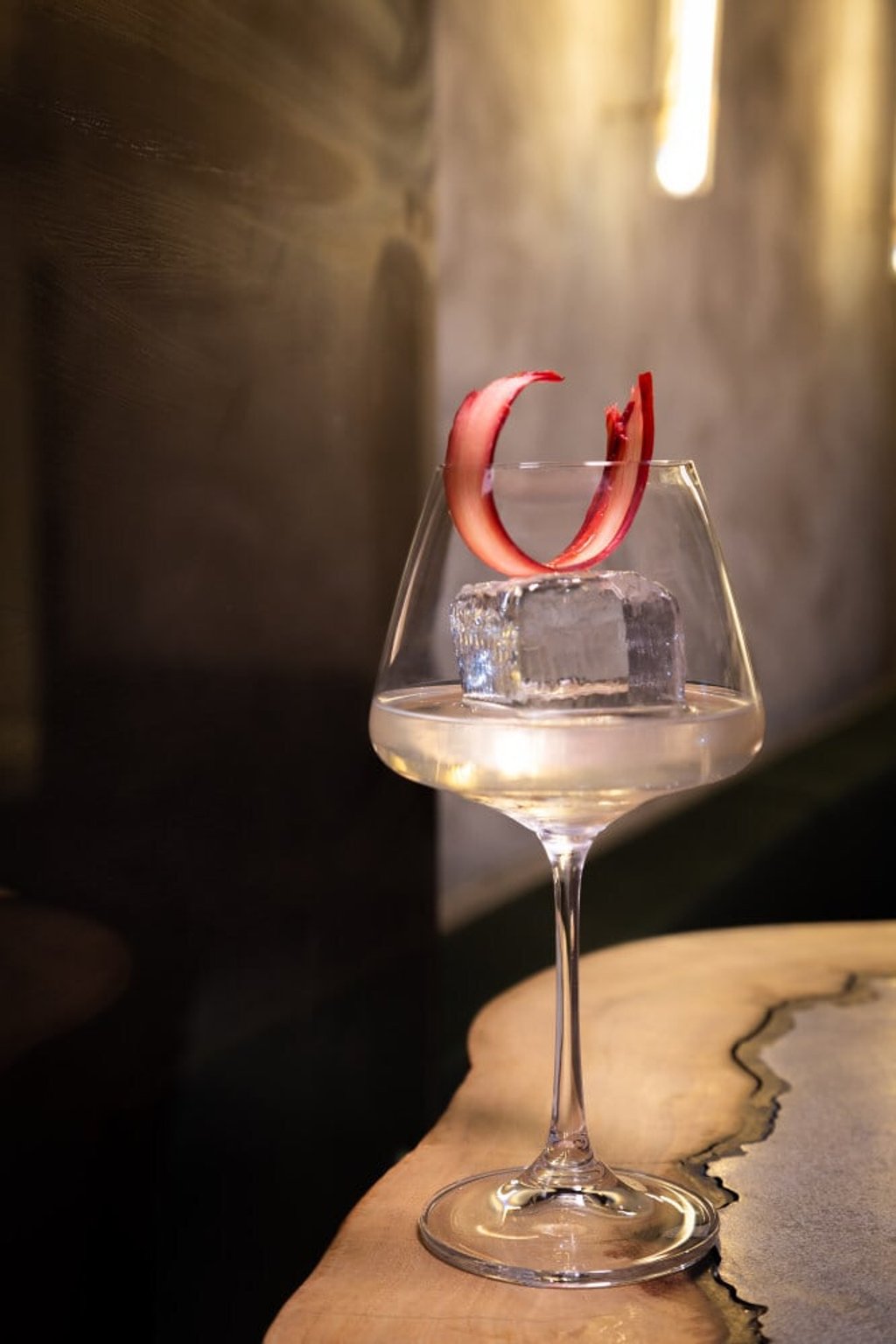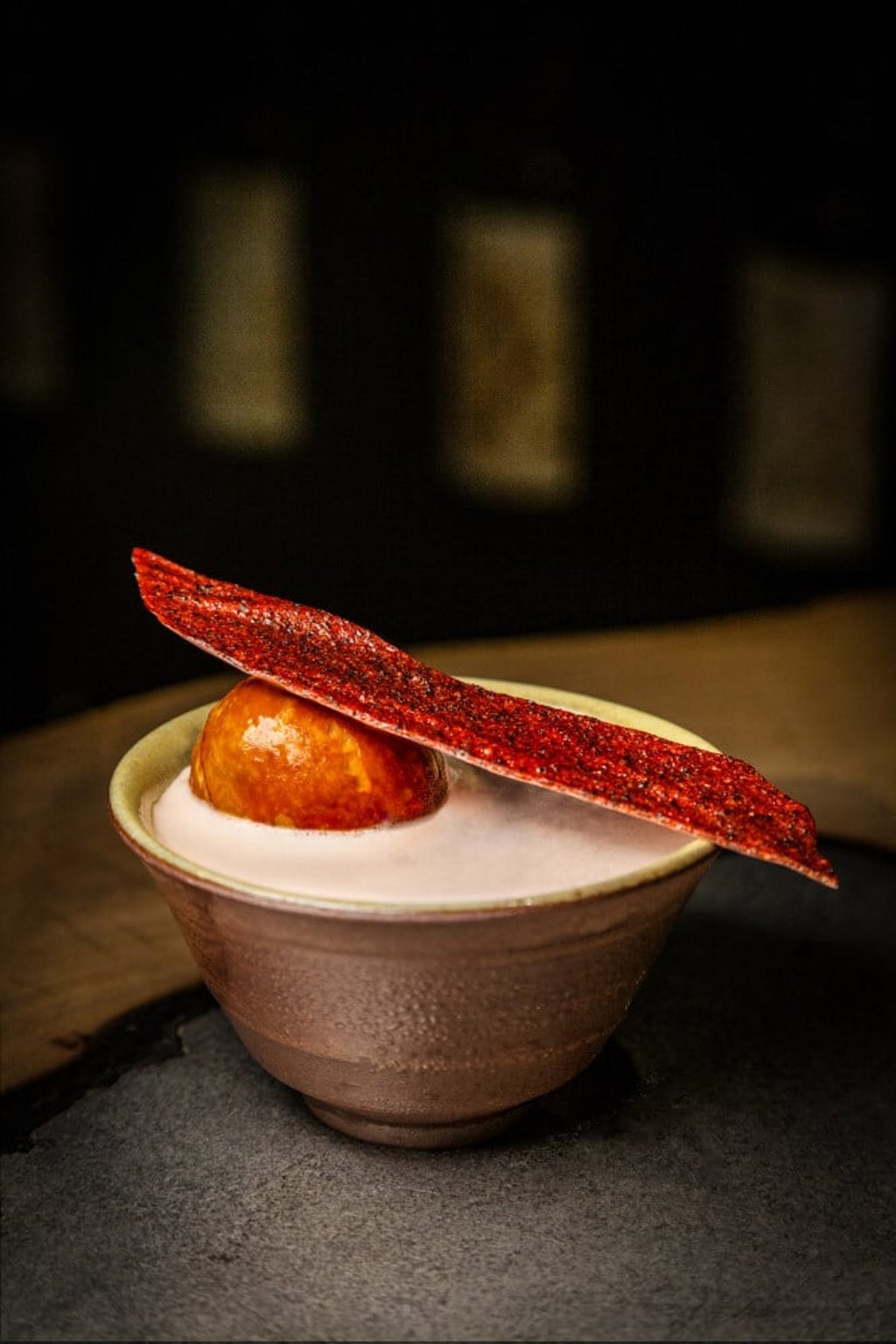Asia’s most sustainable cocktail bars, from Hong Kong’s Penicillin to late night hangs at Raffles Singapore, Four Seasons Kuala Lumpur and Rosewood Hong Kong

- Penicillin, co-founded by Agung and Laura Prabowo, won the 2021 Ketel One Sustainable Bar Award on Asia’s 50 Best Bars list and partner with EcoSpirits
- Other sustainable bars include Singapore’s Native, Bangkok’s Wasteland and Four Seasons Kuala Lumpur’s lounge, Bar Trigona
It’s easy to forget how wasteful bars are when you waltz into the latest swanky watering hole to be confronted by glittering tables and trendy waiting staff serving bespoke drinks that tout local influences. A closer look, though, reveals just what kind of ecological disasters they truly are.

Bars are among the world’s biggest consumers of plastics, paper and aluminium (straws, bottle caps, coasters), using astronomical amounts of water (in-house or purchased ice), and wasting thousand of kilograms of food each year. Worldwide, 1.3 trillion kilograms of food is thrown out every year, according to the Food and Agriculture Organization (FAO) of the United Nations. Of the 60 billion kilograms of food wasted in the US in 2010, waste services provider RTS estimated that 40 per cent came from the F&B industry. On top of all that are the energy demands related to harvesting the crops needed in the distillation of alcohol, the volume of glass needed for bottles, and the emissions generated getting the final product to consumers.

While sustainability is a major ongoing concern for the travel, construction, farming and logging industries especially, something that governments need to act on, none of us are entirely off the hook. The concept of “zero waste” living and reducing our individual carbon footprint continues to gain traction among consumers, and that effects the hospitality industry. Hotels are today often marketed on their sustainability policies; if and when business travel resumes, many multinationals and governments now have “green key” standards that book rooms only in properties that meet environmental standards.
That activism is beginning to trickle down to cocktail bars. If any sector was in a position to carry out a sustainable mandate it’s them. Cocktail lounges come in at the luxury end of the bar business, and plenty charge luxury prices for their gin and tonics. Now leading bars across Asia-Pacific are making an effort to clean up the industry and future-proof it as best they can.

Penicillin’s menu notes that cocktails made with EcoSpirits, denoted by its logo, save an average of 150 grams of CO2 emissions. Singapore-based EcoSpirits is on a mission to reduce packaging and transport costs, and eliminate single-use glass, noting that distillers produce 40 billion bottles annually, generating 22 million tons of CO2 emissions. The distributor is part of a crucial ecosystem that’s still in its infancy but needs to grow if sustainable bars are to succeed.
